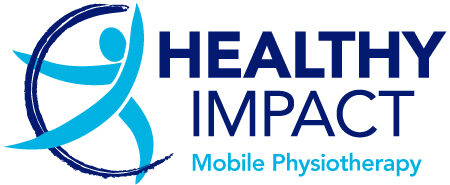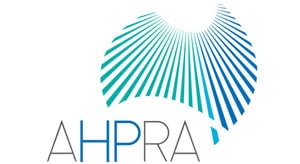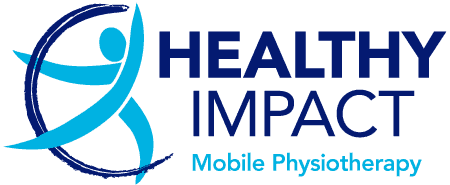Neurological Rehabilitation
Neurological physiotherapy
Neurological physiotherapy is focused on helping individuals with neurological conditions to improve their physical function, mobility, and overall quality of life. Rehabilitation aims to re-educate, restore and maintain the best possible outcome for daily movements and functional tasks.
If you have any other questions please feel free to check out our “FAQ” page or contact us here at Healthy Impact
Conditions treated
- Stroke. Physiotherapy can assist stroke survivors
- Acquired Brain Injury (ABI) or a Traumatic Brain Injury (TBI)
- Spinal Cord Injury (SCI)
- Multiple Sclerosis (MS)
- Parkinson's disease
As well as
- Cerebral Palsy
- Spina Bifida
- Muscular Dystrophies
- Huntington’s disease
- Peripheral Neuropathy
Read our FAQ page here or if you have a question, contact Scott on
0402 221 397 (9am – 5pm Mon – Fri)
healthyimpactqld@gmail.com (Anytime)
More details about the conditions Neurological physiotherapy.
- Stroke. Neurological Physiotherapy can assist stroke survivors in regaining movement, strength, coordination, balance, spatial awareness and daily tasks.
- Acquired Brain Injury (ABI) or a Traumatic Brain Injury (TBI). Physiotherapy helps individuals rewire their brain and recover motor skills, cognitive function and overall mobility after a brain injury.
- Spinal Cord Injury (SCI). Physiotherapy aims to enhance mobility, strength, and independence in individuals with spinal cord injuries.
- Multiple Sclerosis (MS). Physiotherapy focuses on managing symptoms such as muscle weakness, spasticity, and balance issues, aiming to improve and maintain overall function and mobility.
- Parkinson’s disease. Physiotherapy can help manage symptoms like tremors, rigidity, speed and amplitude of movements and gait disturbances, improving mobility and quality of life.
- Cerebral Palsy. It aims to improve muscle tone, balance, coordination, and motor skills in individuals with cerebral palsy.
- Spina Bifida. Physiotherapy can help maintain physical function and skills, independent mobility, and prevent deformity.
- Muscular Dystrophies. Physiotherapy can help improve muscle strength and endurance, balance and cardiorespiratory fitness.
- Huntington’s disease. Physiotherapy management includes physical, cognitive and psychosocial interventions to maintain independence for as long as possible.
- Peripheral Neuropathy. Physiotherapy may help manage symptoms such as numbness, tingling, and weakness in the limbs. Physiotherapy can also help with circulation, balance, limb awareness and support healthy behaviours.
Benefits of neurological physiotherapy include
- Enhance neuroplasticity. Physiotherapy interventions leverage the brain’s ability to adapt and rewire neural pathways, facilitating recovery and improvement in function over time. This is acquired through extensive practice and motor retraining, the earlier the better.
- Improved mobility. Physiotherapy interventions target specific problems, such as muscle weakness, balance or spasticity, to improve mobility and function.
- Enhanced independence. By addressing limitations in movement and function, physiotherapy helps individuals become more independent in their rehabilitation and with activities of daily living.
- Reduced pain. Rehabilitation exercises, manual therapy techniques, and education can help alleviate and improve independent management of pain associated with neurological conditions.
- Prevention of secondary complications. Physiotherapy interventions aim to prevent complications such as contractures, pressure sores, and muscle atrophy that may arise due to immobility or impaired movement.
- Improved quality of life. Improving physical function, mobility, and independence, neurological physiotherapy can significantly enhance an individual’s overall quality of life.
The pillars of neurological physiotherapy are neuroplasticity, motor control, function movement re-education, skill acquisition and self-management. Neurological physiotherapy plays a crucial role in helping individuals with neurological conditions maximize their potential for recovery, regain independence, and their well-being.







